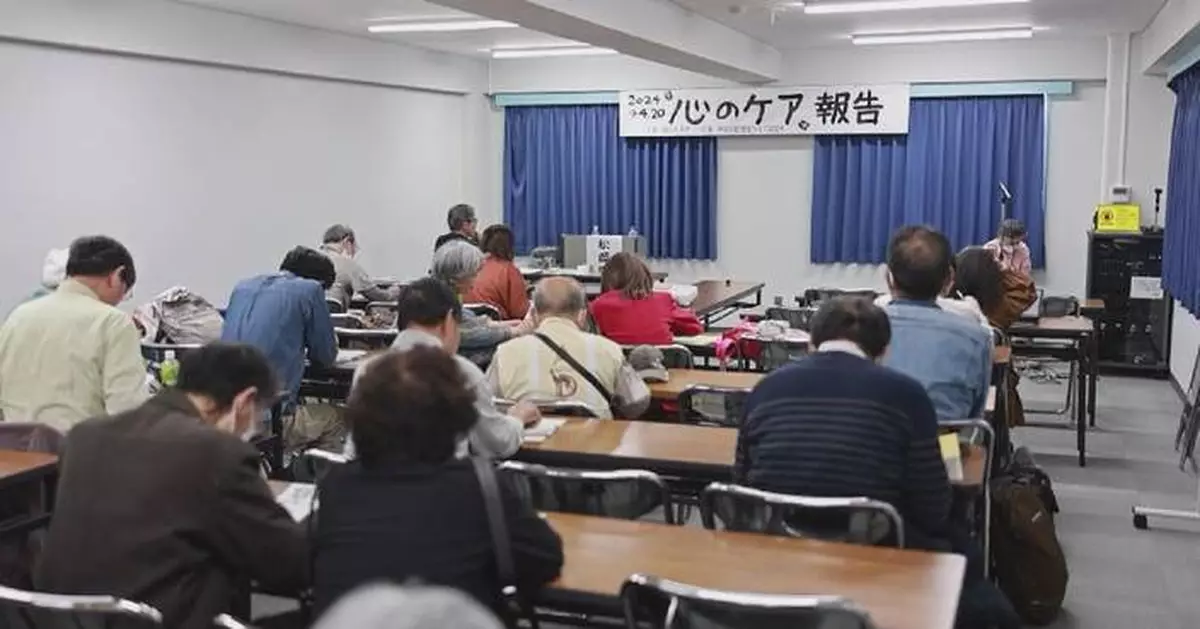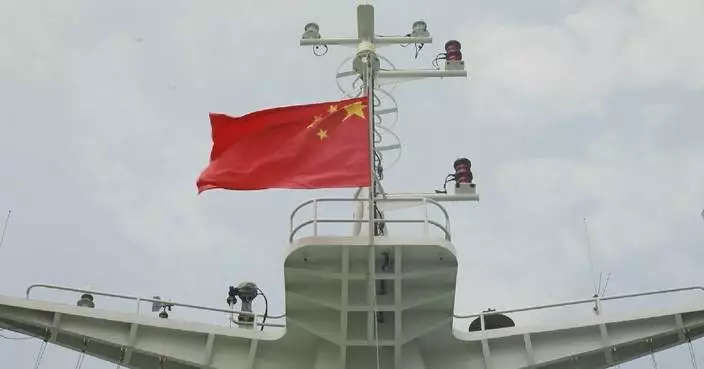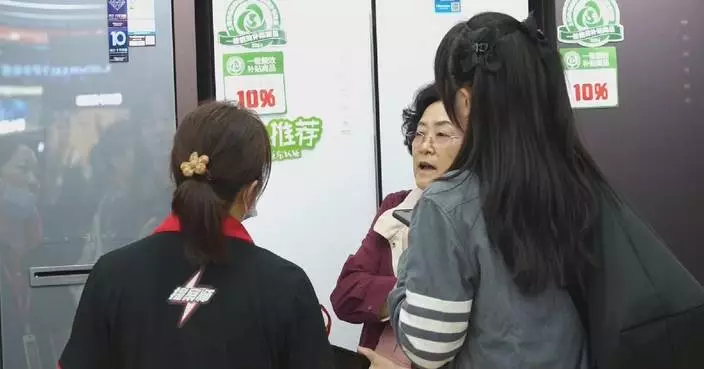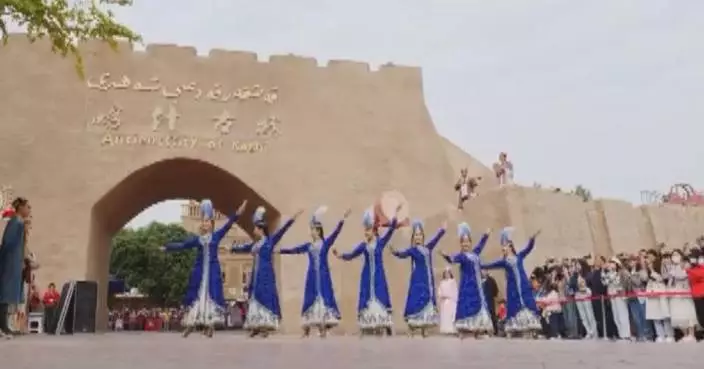Tamaki Matsuoka, a former history teacher in Japan, now the founder of the "Connecting Memories of Nanjing" civil group, held a gathering in Osaka, Japan on Saturday to recount her unforgettable experience of visiting survivors of the Nanjing Massacre and their families over the past 30 years, and once again called on all walks of life in Japan to face up to history.
"There are strong forces in Japanese society to deny the Nanjing Massacre, including among some prominent politicians. I have been collecting testimonies from the victims in Nanjing and recording them. I share them publicly through events to help more Japanese people understand that this is an iron-clad fact," said Matsuoka.
During the process of collecting testimonies, Matsuoka was deeply touched and shocked by the inhumane atrocities committed by the Japanese military during the invasion of China in World War II.
"One person who left a deep impression on me is an elderly woman named Zhang Xiuying. When I talked to her about inviting her to Japan to participate in a Testimony Gathering and provide evidence to the Japanese people that the Nanjing Massacre was real, Ms. Xiuying replied, 'I won't go to Japan. If I go to Japan, the Japanese people will kill me.' I could sense the profound emotional trauma that the Japanese people had inflicted upon them," said Matsuoka.
"I am deeply shocked. How can someone as a human being commit such inhumane acts? Hearing such testimonies, I feel a sincere apology is due to them deep in my heart," said an attendee of the gathering.
Regarding this year's revision of history textbooks by the Japanese government, which attempts to downplay and conceal war crimes such as the Nanjing Massacre, Matsuoka and the attendees believe that the Japanese government can only establish international friendly relationship by reflecting on and confronting the history.
"Japan's recent actions have deviated from the right track, and it is a mistake to attempt to remove the expression of 'aggression'. I believe there is a responsibility to teach the next generation the correct history," said another attendee. "To initiate truly friendly exchanges, it is necessary to first face up to history. The fact remains that many atrocities, including the use of poisonous gases, have occurred for which Japan must take responsibility. In China, there are descendants of these victims who deserve a sincere apology. History should not be distorted at will based on self-interest. I hope that the Japanese government can approach history with correctness and fairness," said Matsuoka.
Japanese Prime Minister Fumio Kishida on Sunday sent a ritual offering to the notorious Yasukuni Shrine, a symbol of the country's past brutal militarism, on the occasion of its spring festival.
The Yasukuni Shrine honors 14 convicted Class-A Japanese war criminals from World War II, including Hideki Tojo. It has long been a source of diplomatic friction for Japan and its neighbors.
For a long time, some Japanese politicians and members of parliament have insisted on visiting the shrine, which has been strongly opposed by many peace-loving people at home and abroad.
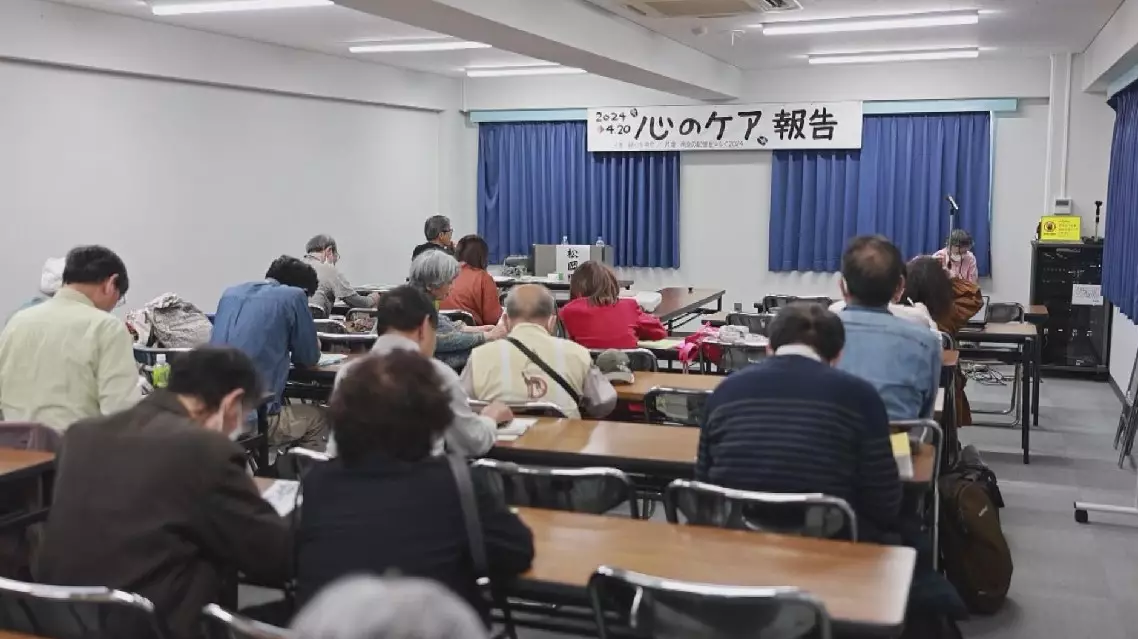
Japanese activists urge all sectors in Japan to face up history


